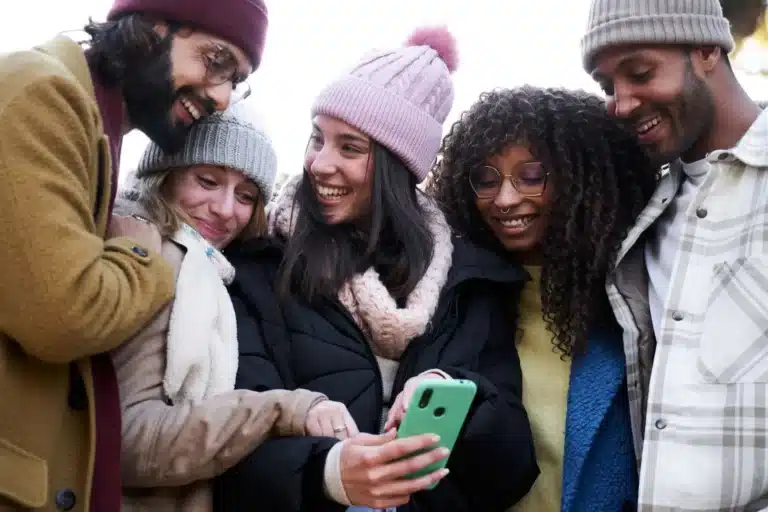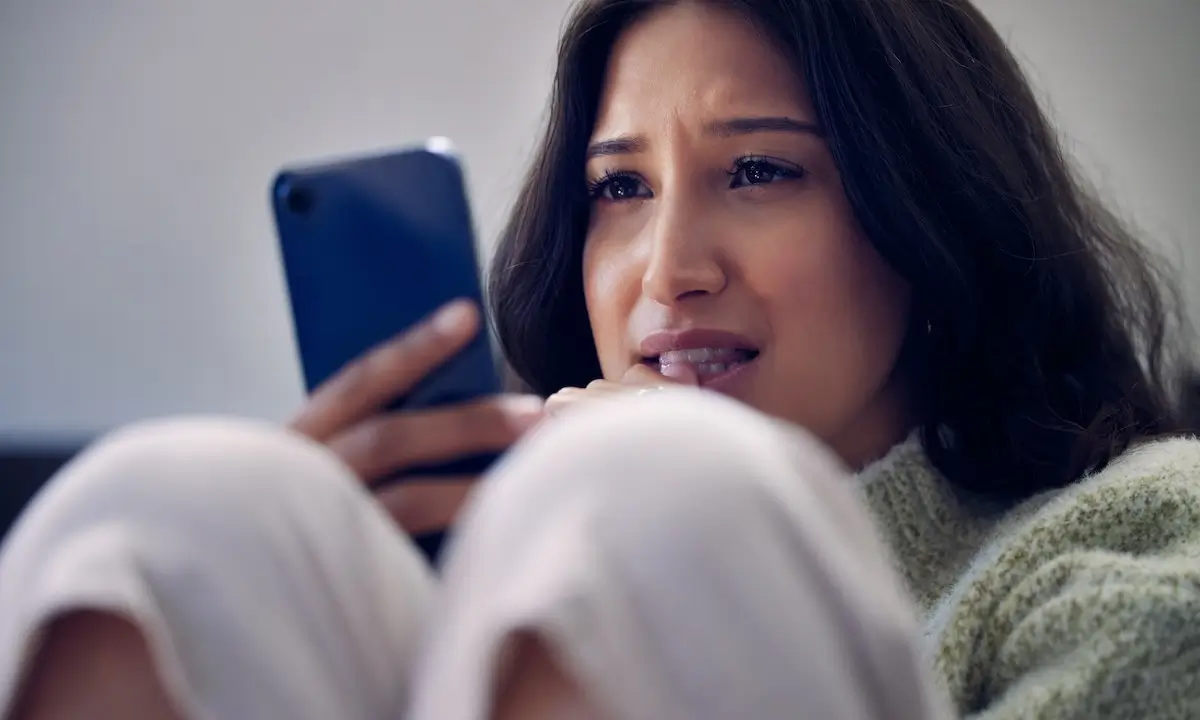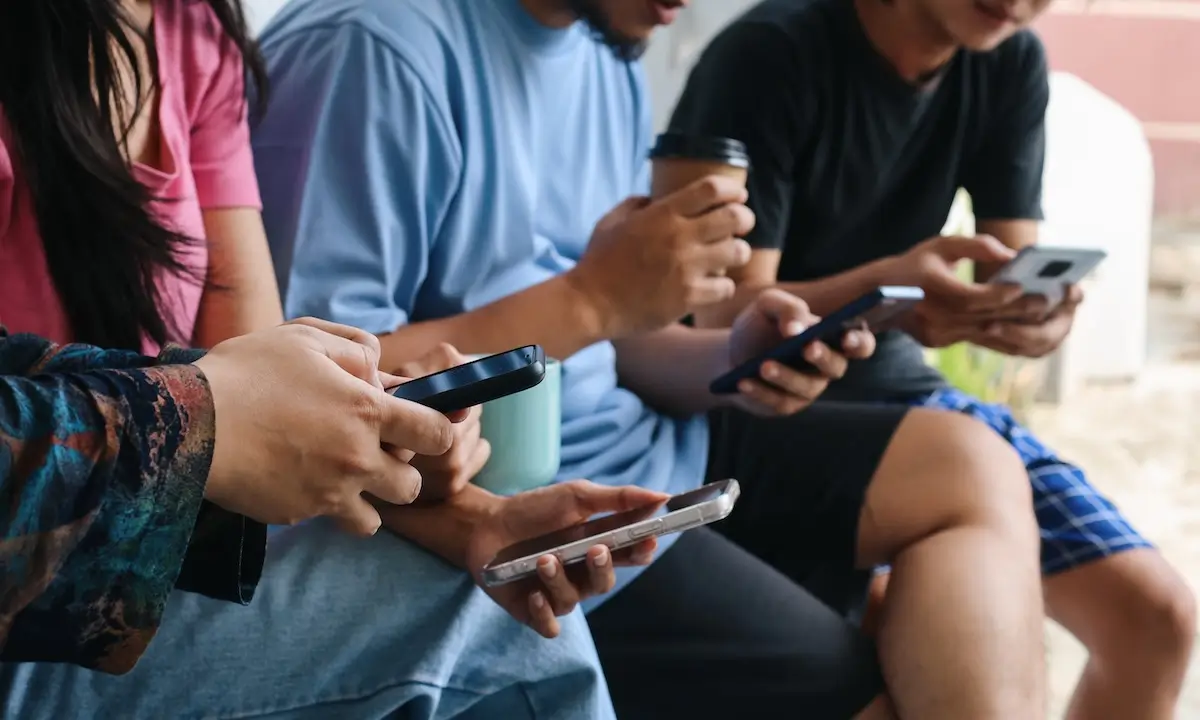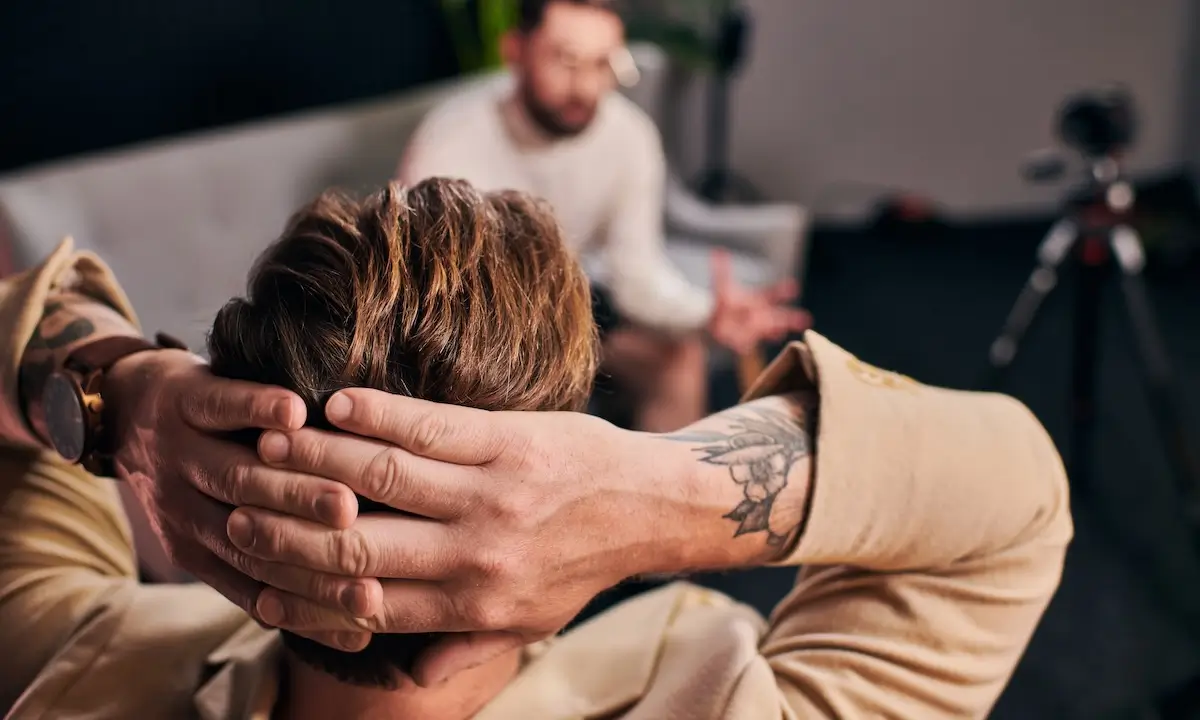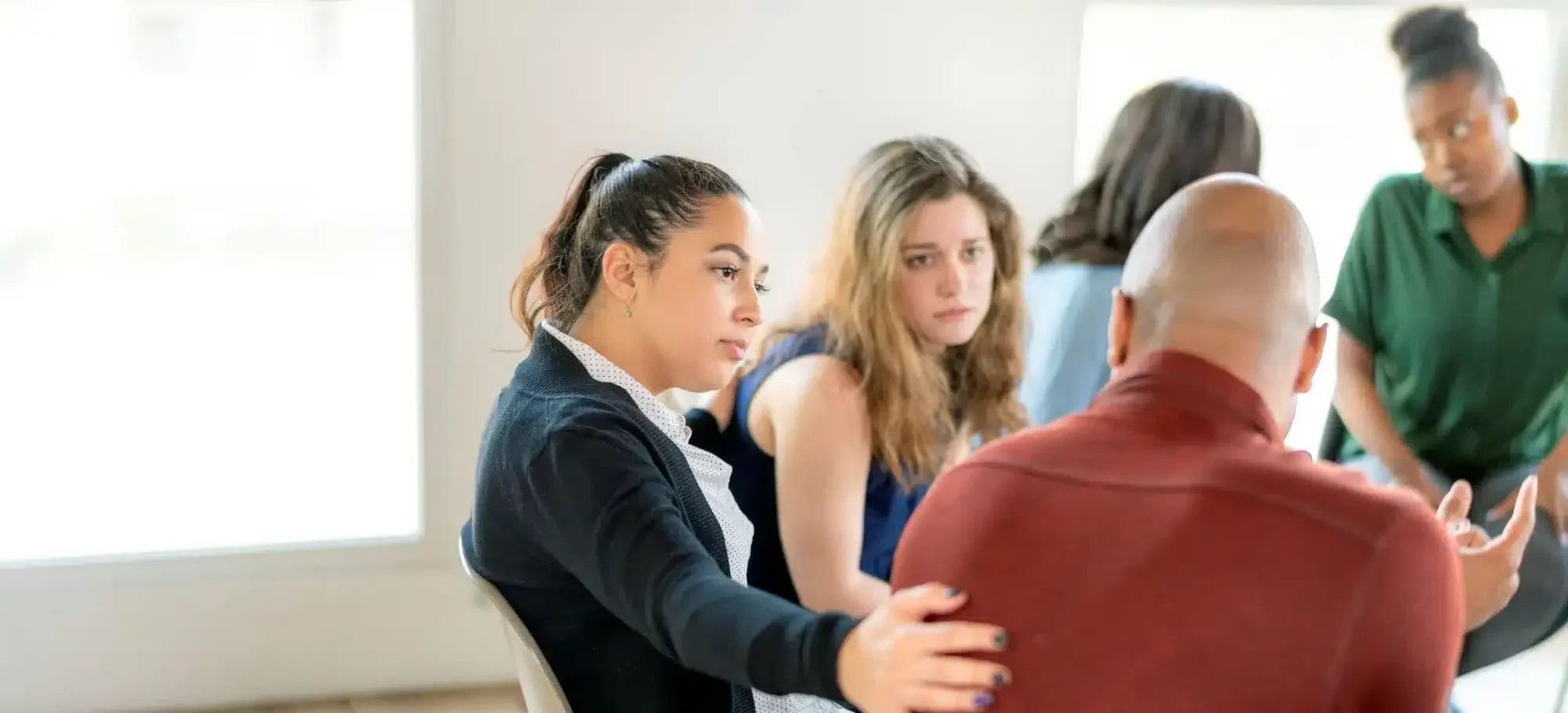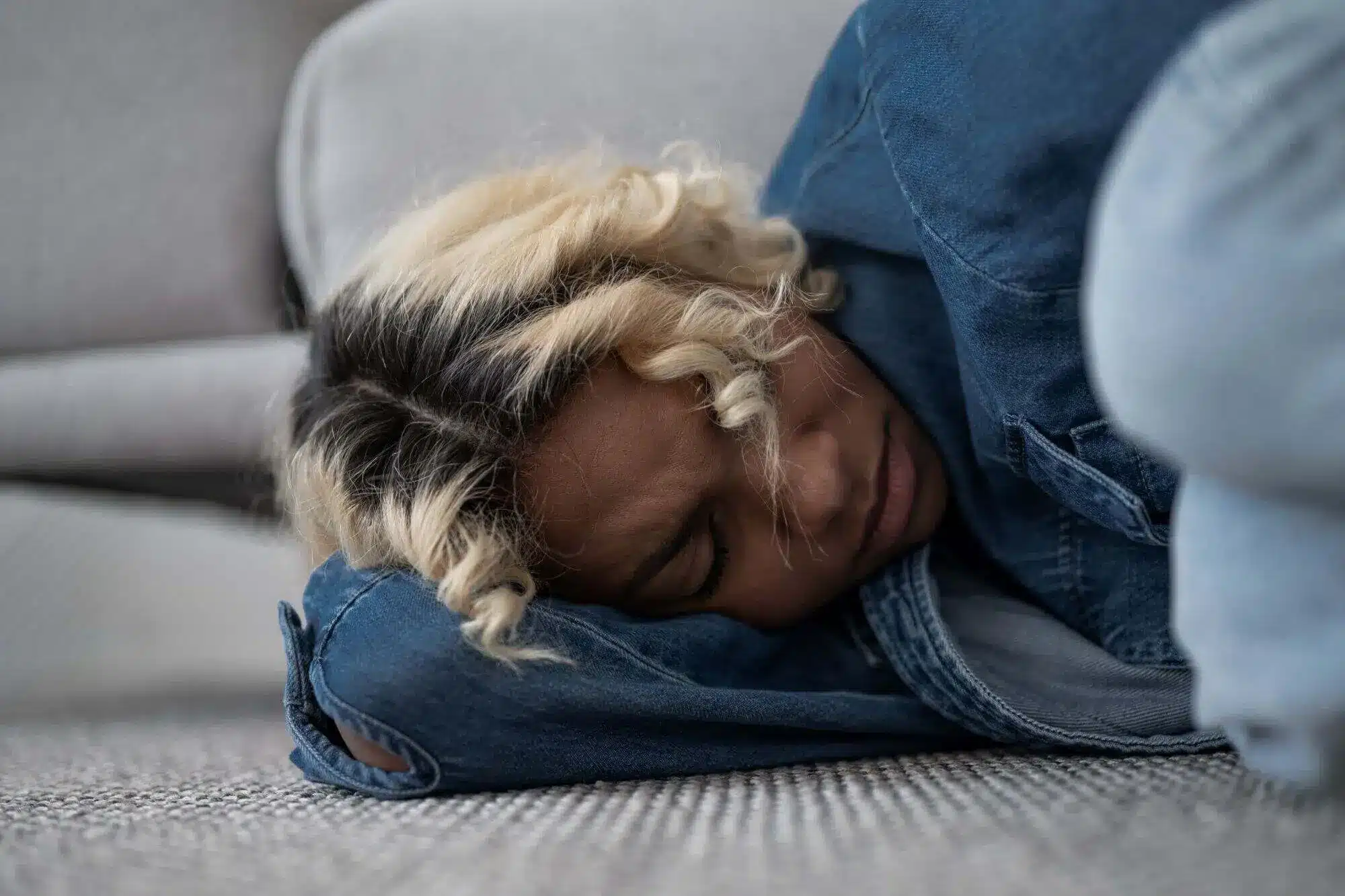Social media connects us, but it can also subtly chip away at mental well-being. For many of us, scrolling through Instagram, TikTok, or Facebook is part of the daily routine, a quick check before bed or while waiting in line. Over time, though, this habit can take a toll on your mental health.
With World Mental Health Day, it’s a good time to pause and ask: how is social media really affecting the way you feel? This article explores both the risks and practical strategies to protect your mental health in a digital world.
How Social Media Affects Mental Health
Social media is designed to grab attention. The more time you spend scrolling, the more likely you’ll see posts that spark strong emotions. Sometimes, it’s laughter or inspiration. Other times, it’s stress, comparison, or loneliness.
Here are a few common ways social media impacts mental health:
- Comparison: Seeing highlight reels from friends and celebrities can make you feel like you’re falling behind.
- Sleep loss: Nighttime scrolling can keep your brain wired when it should be winding down.
- FOMO: Watching others travel, party, or succeed can leave you anxious about missing out.
- Body image concerns: Filters and edited photos can make it hard to feel good about your own appearance.
- Cyberbullying: Negative comments or harassment online can cut deeply and stick with you.
If you notice more anxiety, sadness, or frustration after spending time online, you’re not alone. Many people benefit from talking with a professional about these struggles.
Therapies like cognitive-behavioral therapy (CBT) or dialectical behavior therapy (DBT) can help you rebuild confidence, manage stress, and create healthier boundaries with technology.
Which Online Patterns Raise Risk?
Some patterns raise the risk of harm more than others. These include:
- Spending multiple hours online every day
- Constantly comparing yourself with others
- Scrolling when you feel stressed or down
- Engaging often in online debates or conflicts
- Relying on likes or comments to boost your mood
If you notice worsening sleep, frequent mood swings, or low motivation after using social media, these can be red flags that you’re moving past a healthy limit.
Social Media and Mental Health Statistics
Experts note that teens are especially vulnerable to social media because their brains are still developing. A national study found that adolescents spending more than three hours daily had twice the risk of depression and anxiety symptoms compared to peers with lower use. Many middle and high school students now average this amount or more, making the risk widespread.
Cutting back can help. In a two-week study at Iowa State University, college students who limited social media to about 30 minutes daily reported less anxiety, depression, loneliness, and FOMO, along with better sleep and mood. Research like this shows even small reductions can deliver real benefits.
The Positive Effects of Social Media on Mental Health
Social media isn’t all bad. When you use it with intention, it can become a tool for support and connection. Some of the positive effects of social media on mental health include:
- Building community and peer support groups where people can share openly
- Raising awareness about important issues, especially on days like World Mental Health Day
- Accessing reliable mental health resources and professional insights
- Sharing honest stories that reduce stigma and remind others they are not alone
It comes down to how you use it. Shifting from passive scrolling to active, purpose-driven engagement can help social media support your mental health instead of harming it.
Ways to Build a Healthier Relationship With Social Media
You don’t need to quit completely to see benefits. Even small adjustments can make a meaningful difference:
- Set limits: Use app timers or choose a nightly cutoff.
- Unfollow negativity: Curate your feed to promote well-being.
- Replace the scroll: Read, walk, or call a friend instead.
- Take breaks: A day offline can reset your habits.
- Be mindful: Notice how you feel after logging off: refreshed or drained.
Research supports these changes; even modest cutbacks in time spent online can improve mood and reduce stress. World Mental Health Day on October 10 is a good reminder to pause, reflect, and create habits that support your health long after the day has passed.
When Social Media Links to Bigger Challenges
For some, online stress is only one piece of a larger struggle. If you notice depression, anxiety, or substance use alongside digital strain, it may signal the need for professional care.
At Liberty Bay Recovery in Portland, Maine, treatment includes therapy for mental health conditions, dual diagnosis support, and holistic practices such as yoga and mindfulness. Addressing both online and offline triggers can be an important step toward lasting recovery.
Finding Balance Beyond the Screen
Social media and mental health are connected in many ways. The goal isn’t to give up apps but to use them with balance. By setting boundaries and building supportive routines, you can protect your emotional well-being while staying connected. If you need extra support, Liberty Bay Recovery Center is here to help. Contact us today to get started.
